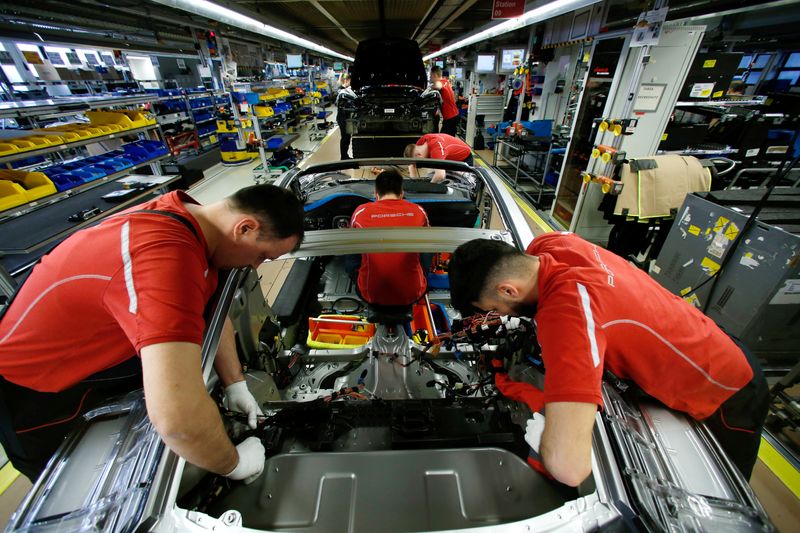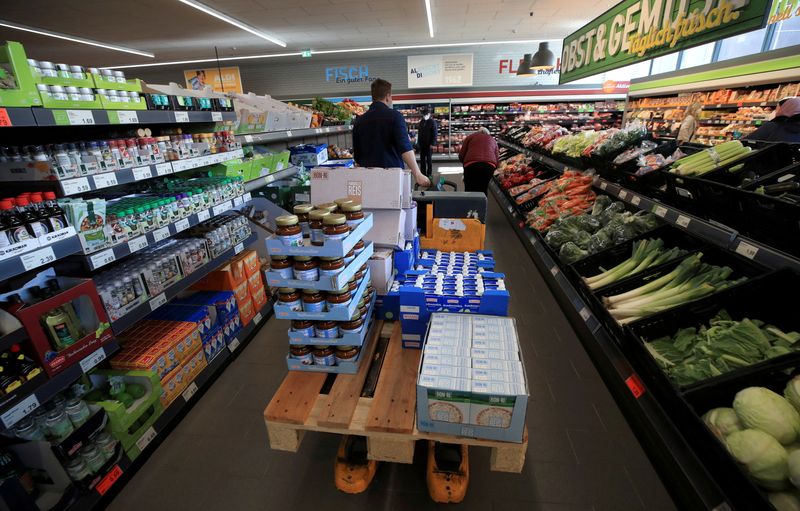BERLIN (Reuters) - Germany's services sector shrank in September slightly more than initially expected as inflation and growing uncertainty hit demand, a survey showed on Wednesday, adding to signs that Europe's biggest economy may be heading for recession.
S&P Global (NYSE:SPGI)'s final German services purchasing managers' index (PMI) for September fell to 45.0, slightly below a flash September PMI reading of 45.4, released on Sept. 23.
The index dropped from 47.7 in August and was at the lowest level since May 2020 during the initial COVID-19 wave.
A reading below 50 marks a contraction in activity.
Inflows of new business fell last month at the fastest rate since the first economic shock caused by the pandemic, and inflation worries accelerated towards the end of the third quarter, hitting demand, as Europe's energy crisis intensified.
"Alongside a continued slump in manufacturing output, the deepening decline in services activity points to the German economy contracting in the third quarter," said Phil Smith, economic associate director at S&P Global.

He added that downward trends in the indicators for activity, new business and expectations also pointed to the prospect of Germany entering a technical recession - defined as two back-to-back quarters of contraction - by the end of 2022.
The final composite PMI, which tracks both the manufacturing and services sectors that together account for more than two-thirds of the German economy, fell in September to a final reading of 45.7 from 46.9 in August.
